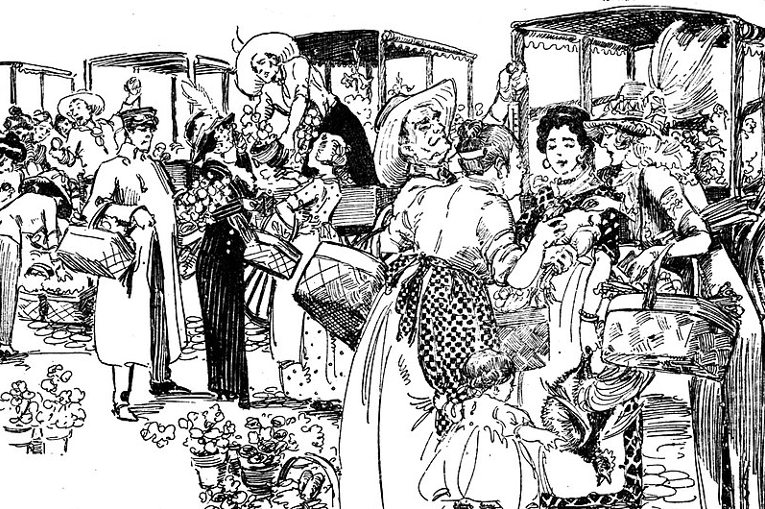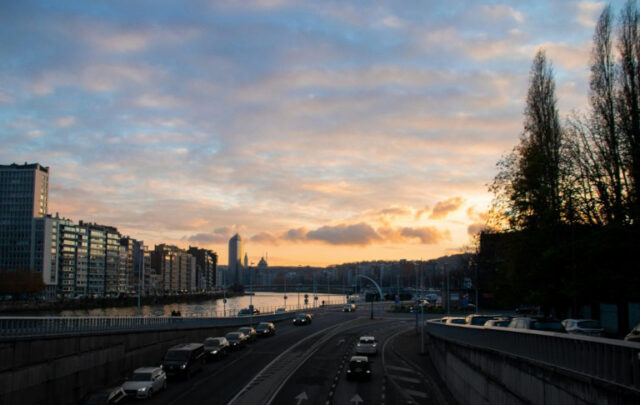What can we do!? We want to feel in control in an out of control time. We want to occupy our minds with something other than worry.
Granted, some people are buying toilet paper, hand sanitizer, guns and pretty much anything in grocery stores to gain a sense of control. But there are far better ways that will last a lifetime.
I’ve spent half my adult life, it seems, prepping for this moment by creating resilience tools for money, food and community. They are simple, though take intention to use.
Money is unequally distributed -Duh
In our society some have more than enough, some far less. some far less.
If you have more than enough, now is the time to shop so your local businesses don’t drop. Many of your neighbors have spent a lifetime building a business, or just recently borrowed heavily to start one. They are terrified. You’ve built and saved wealth for a rainy day or your old age. This is the rainy day for everyone. Spend locally. Get your house cleaned top to bottom. I just had a dilapidated fence replaced. I bought a year’s worth of cards and gifts from a shop that sells crafts by local artists. Get your dirt driveway graded or your concrete one cleaned. Order take-out from local restaurants and freeze meals. Give to food banks and Meals on Wheels – such service organizations are overwhelmed. Delay payments due to you.
If you are on the other end of the stick – no savings to tide you over – now is the time to make a big promise to save big when this blows over. You may be denying yourself now, which might build a hunger to buy big when you get a paycheck again. Instead, I highly recommend a strong resolve to become a saver in the future. You can even start now. Join Debtors Anonymous if the urge to splurge is irresistible. Join You Need a Budget, an online budgeting tool that’s actually fun, doable and give lots of support. Read Your Money or Your Life and join millions who are sport savers – 20% of their income or more. Build your own safety net through automatic savings. Repeat after me: I will never ever again be this far in debt, this thin on savings, this vulnerable financially. We’ve been encouraged to party with our credit cards. The party is over.
Food is in the grocery store. Right?
Not exactly.
Those well stocked shelves are the end-point of a global industrial food system in constant motion. Grocery stores have at best 3 days of food on the shelves. What a shock to us all. If your shelves at home are bare, resolve now to do as you’ve been told a million times: keep 3 days of emergency food at all times. Dried beans, rice and other grains are designed by nature to store well. Canned goods too, though you need to rotate your supplies, paying attention to the pull date.
Now is also the time to support your local farmers and producers. You can garden. Food not Lawns has encouraged that for years. Virus victory gardens are starting. If available near you, secure a plot in a community. When I committed to a month of local eating I had a rude awakening: only one grocery store product was local: honey. Local farmers were my salvation. I found chicken, milk, cheese, vegetables, wine from local grapes and even salt evaporated from the sea. Not willing to live without citrus, olive oil and caffeine, I allowed these few foods from afar. From this I learned how supply chains for local food have broken while anytime-anywhere food is frighteningly efficient and subsidized. Commit to grow some food. Commit to buying from local farmers this summer at Farmers Markets. Try the game I developed from my own experiment: the 10-day Local Food Challenge.
We need a sense of community.
Isolation can be lonely if you don’t have ways to connect with others. Conversation Cafes, a simple dialogue form a friend and I created at the time of 911, is a sturdy way to have a good, conflict free conversation. The initiative is preparing hosts to invite you into their circles. You need to download a program called Zoom. Your host sends you a link to the conversation, you click it and you’re in. You might like it so much you host your own. Get your family on a face to face call. Or knitting circle. Or garden club. A stir-crazy friend got a dozen besties on a Zoom call she called a “crappy hour” to drink wine and complain. Skype, Google Hangouts and Facetime can also connect you – socially very distant.
- Money: spend it locally if you have it. Resolve to save if you don’t.
- Food: grow your own or buy from your local farmers to build resilience over the longer haul.
- Community: learn the skills of speaking and listening and deepen friendships.
My home-grown gifts and may they serve you well.






